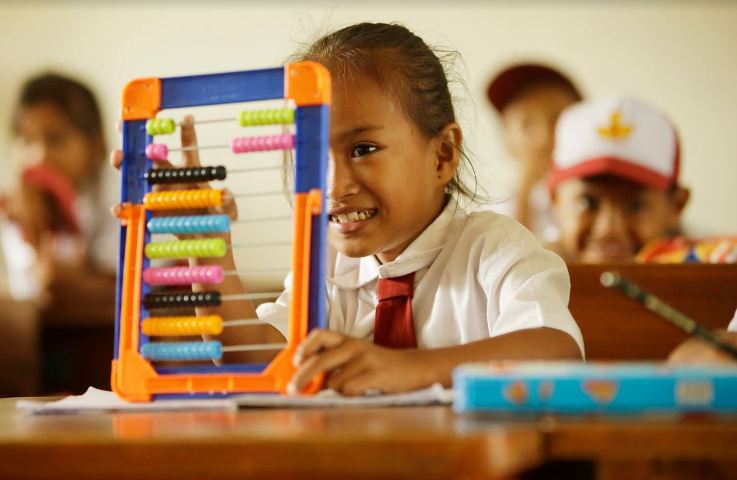ASEAN convened to discuss strategies for accelerating human capital development
ASEAN countries have succeeded in achieving high levels of economic growth and have substantially reduced poverty over the last 20 years.

- Country:
- Thailand
Ministers and senior government officials from the ASEAN Member States convened today to discuss strategies for accelerating human capital development in the region through integrated policy investments and innovative policy reforms.
ASEAN countries have succeeded in achieving high levels of economic growth and have substantially reduced poverty over the last 20 years. However, on average, education, skills development, and health indicators are below expectations given ASEAN’s income levels, and there are wide disparities in life expectancy, job productivity, and education quality across the region. Further investment in its people, particularly children and young people, remains a key challenge.
Organized by Thailand’s National Economic and Social Development Council (NESDC) and Ministry of Foreign Affairs, the World Bank and UNICEF, the ASEAN High Level Meeting on Human Capital Development is designed to facilitate dialogue among member states to share successful policy frameworks, and help identify new approaches to human capital development and move toward a set of common, yet context-adapted, policy directions.
“Our region is committed to developing concrete actions to ensure that we have a future-ready and competitive workforce for the global digital economy,” said Thosaporn Srisumphand, Secretary-General of NESDC. “It is a priority for us to design effective public policies and government programs that put people at the center of development.”
The World Bank’s global Human Capital Project is an accelerated effort to assess the progress countries around the world, including those in ASEAN, have made in building human capital. It serves as the basis for strategic support to countries that want to invest more effectively in its people. According to the World Bank, children born in the ASEAN region today are expected to, on average, achieve about 59% of their full productivity potential compared to children born in areas with high performing education and health systems.
"Prioritizing human capital development means putting people at the center of investments, policies, and programs,” said Mara Warwick, World Bank Country Director for Thailand, Brunei, Malaysia, and the Philippines. “By working towards these goals, ASEAN countries can directly address gaps and provide a more sustainable, equitable, and prosperous future for all its people.”
At the meeting, Ministry officials for Health and Education discussed how closely linked policies and investments produce tangible improvements in human capital outcomes.
The issue of malnutrition was discussed during the meeting, as countries highlighted examples of progress and challenges around policy implementation. In ASEAN, an estimated 5 million children suffer from wasting and one in four children are stunted in growth because of chronic undernutrition. Ministers and officials shared experiences and challenges about program design and successful implementation of initiatives to end all forms of malnutrition.
"It is important for all countries to take the ASEAN Leaders’ Declaration on Ending All Forms of Malnutrition to heart. The region is now facing a double burden of malnutrition. It is home to 63.7 million undernourished people and has the fastest growing prevalence of childhood obesity in the world, both will negatively impact human capital and economic development,” stated UNICEF Regional Director, Karin Hulshof.
Representatives from Ministries of Planning and Ministries of Labor spoke about concrete steps that will be needed to prepare next generations for the changing nature of jobs, and how the ASEAN region can seize opportunities created by a fast-growing digital era by preparing a future-ready workforce. Investments in reskilling and upgrading of knowledge for young people of today for the workplace of tomorrow are necessary especially for developing countries where human capital development gaps remain wide.
At the meeting’s conclusion, participating ASEAN ministers and officials agreed to enhance integrated policy investments in the different sectors, including healthcare, quality education, life-long learning, and skills development, throughout a human life cycle.
ALSO READ
MAHE and ICMR Jointly Inaugurate the Aerial Healthcare Delivery System Utilizing Drones for Sample Transportation
USFDA issues warning letter to Kilitch Healthcare for Navi-Mumbai plant
Schools to be held responsible if its bus driver found drunk: Haryana Education Minister
MAHE and ICMR Launch Innovative Drone-Based Healthcare Delivery System for Sample Transportation
‘Values’ - Transformative Skills for the New Age with Maitri Sanskar Value Education Curriculum










